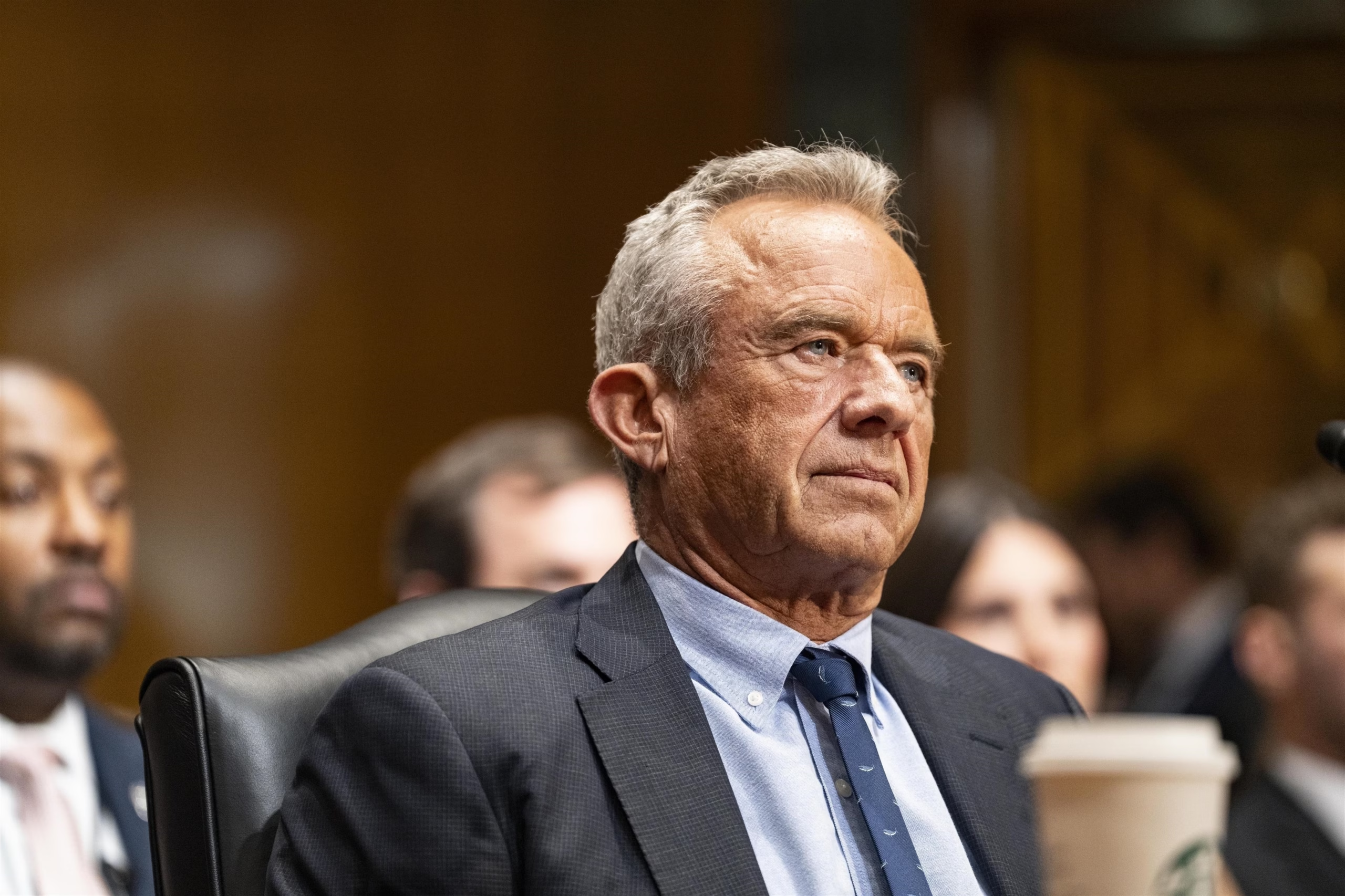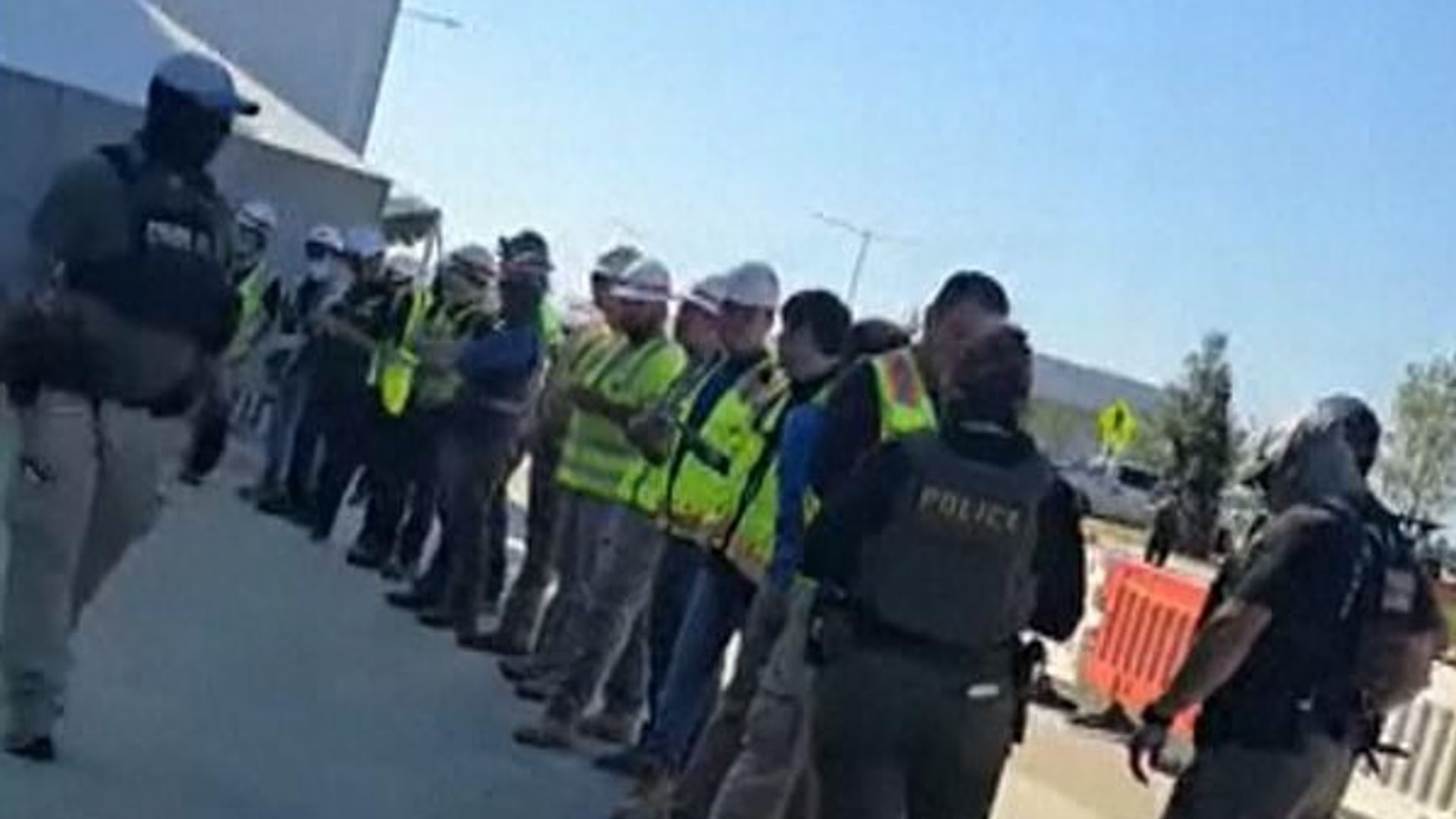
The El Salvador human rights and anti-corruption watchdog Cristosal says it has relocated its operations outside the country, as the government of President Nayib Bukele intensifies its crackdown on dissenting voices.
Cristosal said on Thursday that it has suspended work in El Salvador and relocated its staff out of the country, where the group plans to continue its work in exile.
list 1 of 3
El Salvador arrests prominent human rights lawyer who defends deportees
list 2 of 3
Why is El Salvador’s President Bukele targeting foreign-funded nonprofits?
list 3 of 3
Children ‘tortured, abused’ in El Salvador’s prisons: Report
end of list
“When it became clear that the government was prepared to persecute us criminally and that there is no possibility of defence or impartial trial, that makes it unviable to take those risks anymore,” Noah Bullock, executive director of Cristosal, told the news agency Reuters, speaking from Guatemala.
The Bukele government has stepped up its targeting of organisations and figures that scrutinise the government’s record on issues such as corruption and security, threatening rights groups and independent media with what critics say are fabricated legal challenges.
Ruth Lopez, a prominent anti-corruption and justice advocate with Cristosal, was arrested on corruption charges in May and remains in detention. Her arrest has been denounced by organisations such as Amnesty International and the United Nations.
Bukele also announced a new law in May requiring non-governmental organisations that receive support from outside the country to register with the government and pay additional taxes.
Cristosal has operated in El Salvador for 25 years and has become a target of ire for Bukele with investigations into government corruption and reports on the human toll of El Salvador’s campaign of mass arrests and suspension of key civil liberties in the name of combating gang activity.
Advertisement
“Under a permanent state of exception and near-total control of all institutions, El Salvador has ceased to be a state of rights,” the group said in a statement on Thursday. “Expressing an opinion or demanding basic rights today can land you in jail.”
The Bukele government declared a “state of exception” in March 2022, granting the government and security forces exceptional powers and suspending key civil liberties. The government’s push has substantially reduced the influence of powerful gangs that had previously smothered life in Salvadoran cities with exploitation and violence.
Those successes have won Bukele widespread popularity, but come at a steep cost: scores of people swept into prisons without charge, held in abysmal conditions and with no means of contesting their detention. Bukele himself has also faced accusations of coordinating behind the scenes with powerful gang leaders.
While the government has boasted that violent crime has fallen to record lows and the gangs have been smashed, it has continuously renewed the exceptional powers under the state of emergency, which dissidents say are being used to target and harass human rights advocates and critics of the government.
In April 2023, the investigative news outlet El Faro also stated that it would relocate its administrative and legal operations outside the country over fears of legal harassment and surveillance, while its reporters would continue to work in El Salvador.
British Caribbean News


